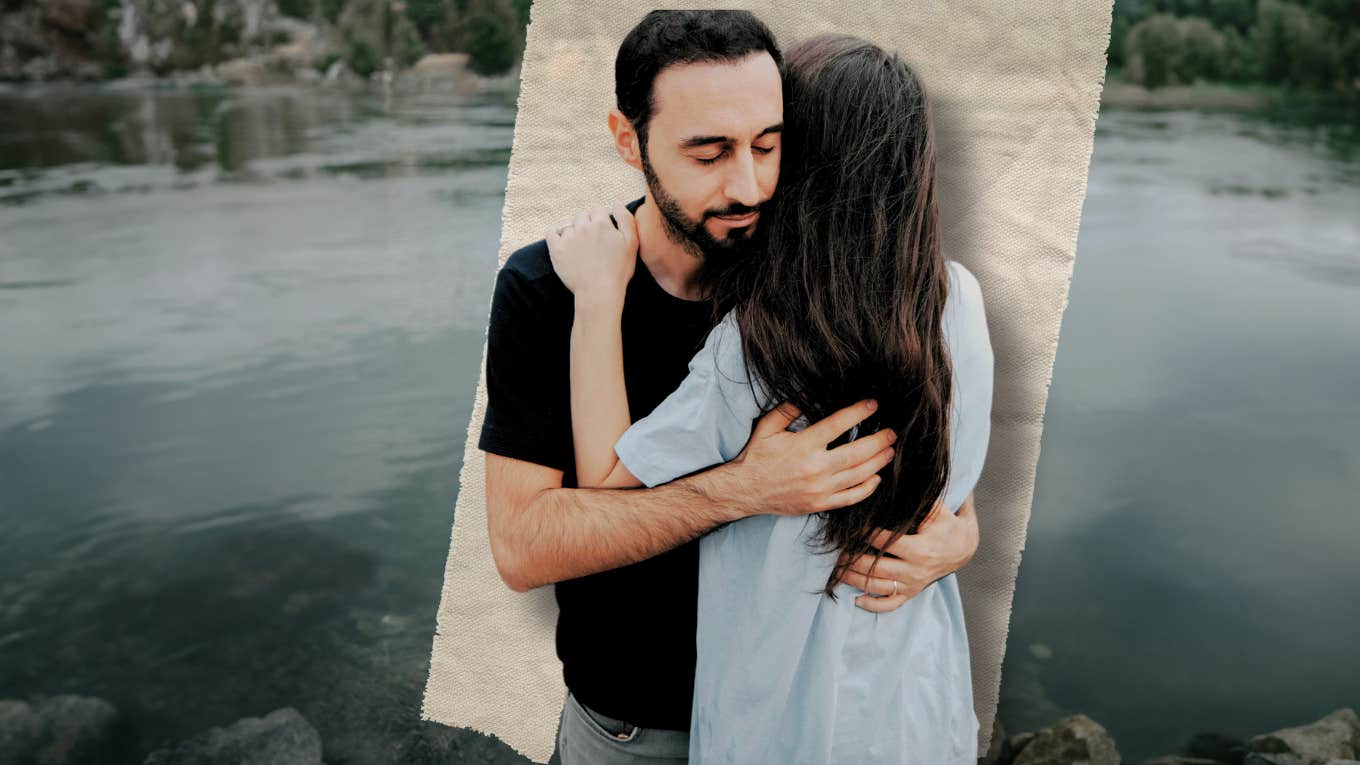7 Crucial Steps To Formulating The Best, Most Sincere Apology Ever
How to apologize like you mean it.
 Emre Akyol | Pexels
Emre Akyol | Pexels Apologies are powerhouses, but when used nefariously, an apology serves to shut down an argument. Who hasn’t heard, “I’m sorry! There, I said it! I’m sorry! Can we stop talking about this now?” Or even worse, they make you crazy, like when someone says “I’m sorry you feel disrespected by what I said. I wasn’t disrespecting you.” (Oh, right, my bad. I guess I’m just way too sensitive. Of course, you weren’t disrespecting me when you called me a selfish liar.) When used for good, an apology is an effective communication tool for health and healing. It has the power to soothe and validate your partner’s reality, to repair the hurt that your mistake caused, and to hold you accountable so that you are far less likely to make the same mistake again.
Here are 7 crucial steps to formulating the best, most sincere apology ever:
1. Use the person’s name
Let your partner know you see him/her, acknowledge him/her, and are making the effort because you care about him/her.
2. State the mistake you made clearly
Name the behavior so it's clear to your partner that you know exactly what you did. “I’m sorry for calling you a jerk.” “I’m sorry for selling your favorite Star Wars collectible for $0.50 at our yard sale.”
3. Acknowledge that it simply wasn’t okay to do
Make no excuses and give no explanations. Right now, explanations sound a lot like excuses. Later when things are calm, your partner might appreciate hearing your intentions if the problem behavior was unintentional.
4. State how your actions impacted the other person
Focus on how she felt and go deeper than “sad” and “angry.” Check-in with yourself to see if words like “disrespected,” “unimportant,” and/or “scared” are appropriate here.
5. Commit to not repeating the mistake again
This lets him know you're serious about being a healthy partner.
6. Explain what you'll do differently next time
This builds trust and shows that not only are you serious about being a healthy partner, but you also have a plan for how to achieve that goal.
7. Ask for forgiveness
You must prepare to accept “I don’t know if I can” or “I’m not ready to forgive you yet” from your partner. Remember, this apology’s purpose is to soothe your partner and hold you accountable, not to soothe you and get your partner off your back. Some people equate forgiveness with permission. Your partner might think if he/she forgives you, it permits you to make the same mistake again. Prove that you're trustworthy. Building back trust takes real-time. Real-time includes real situations where you choose not to make the same mistake.
By taking the time to formulate a sincere apology, you are not only giving your partner what he/she needs, but you are giving yourself the gift of accountability. You are healing the pain caused by your mistake. You are validating and respecting your partner, and you are growing into a healthier version of yourself. The movie Love Story got it all wrong with the line, “Love means never having to say you’re sorry.” Loving yourself and others means making sure you say you’re sorry. It’s one of the most important skills you can learn.

